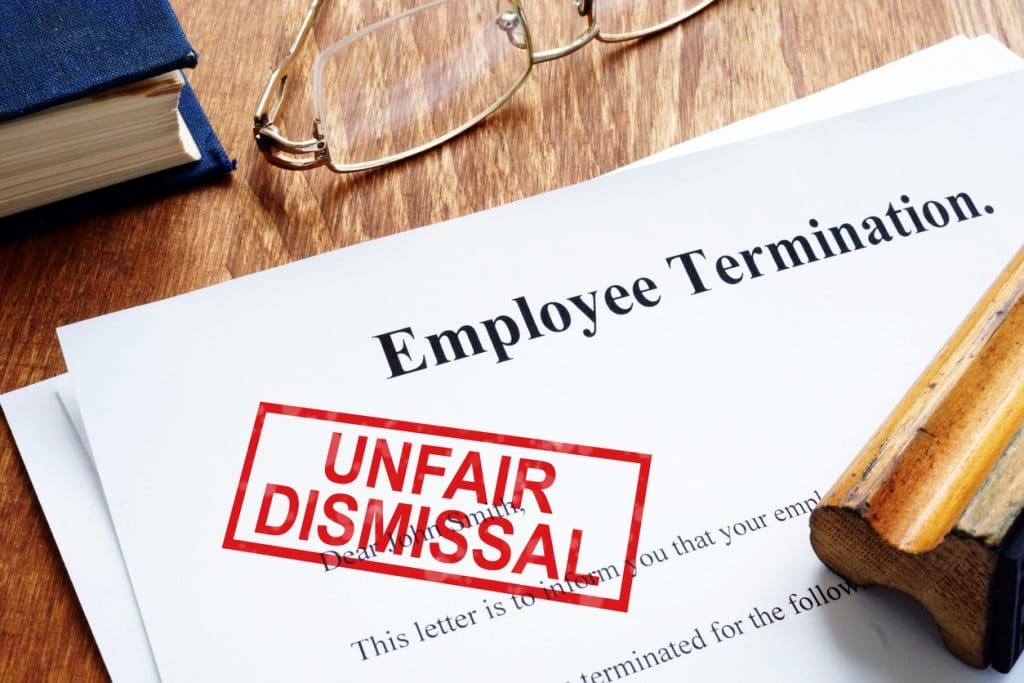
A majority of employees in most States work at will. In at-will States, this employment status changes when there is a contract between the employer and the employee.
An at-will employee can be terminated for any reason, or for no reason. However, no one can be terminated for an illegal reason.
A wrongful termination is the firing of an employee for a reason that violates Federal and/or State statutes, local ordinances or breaches the terms of an employment contract. It must be noted that employers have the right to fire at-will employees even if the reason is not justified or unfair. As long as the reason is legal, it is not wrongful.
An attorney experienced in employment law will evaluate the merits of a claim for wrongful termination by examining:
- whether the termination was unlawful
- whether the termination violated the terms of an employment contract or an employee handbook
- whether there is documentation
- whether the damages are worth pursuing
- whether the client will make a presentable and believable witness
The attorney will consider all of the above and look for pretext. Pretext is the stated reason for termination to hide the real, or often the illegal, reason for the termination. It cannot be assumed that all reasons for a termination are legal.
UNLAWFUL TERMINATION
There are four basic reasons which make a termination wrongful.
1. HARASSMENT
Employment law prevents any termination on the basis of age, gender, sex, and other protected groups. It also prohibits offensive remarks against these groups. These remarks make for a hostile work environment and are a form of harassment.
2. BREACH OF CONTRACT
An employment contract can be written or implied. Any termination that is found to violate an employment contract is unlawful. An implied contract can be established through an employer’s words and actions, or when specifically tied to an employee handbook.
3. DISCRIMINATION
Discrimination falls under Federal laws that identify protected groups. Often, protected groups are expanded by State statutes and local ordinances. The evidence of discrimination runs closely with the evidence of harassment.
4. RETALIATION
Whistleblowers are now a protected class. An employee is a whistleblower when potential violations within the workplace are reported to an enforcement agency, like OSHA, or to the internal HR department.
All acts of retaliatory behavior against an employee when the employee exercises a legal right, like taking medical leave, are illegal. No employee can be subjected to retaliatory behavior when refusing to participate in an illegal act at the request of the employer.
Any one of the above conditions makes any termination wrongful.
THE EMPLOYMENT CONTRACT
If there is an employment contract in place, then the employer is limited in the reasons for termination. For example, if the contract provides for termination in the case of misconduct, then the employee cannot be fired for poor performance.
However, most employment contracts provide for nothing more than at-will employment.
There are instances where an employee handbook and policies create an implied contract between the employer and the employee. The procedures specified in the handbook must be followed and enforced evenly and fairly throughout the company. If an employee is terminated for reasons that comply with policies in practice or set out in the handbook, then such termination is in breach of the implied contract.
An attorney experienced in employment law will recognize whether a termination is wrongful based upon the terms of either a written or an implied contract.
DOCUMENTATION
It is always advisable to keep copies of all items within your personnel file as these items are prepared. This is an on-going task. It will be important for an attorney to know how the termination was documented within the file. Any discrepancies between the stated reasons for termination and the contents of the personnel file will weaken the employer’s defense.
VALUE OF DAMAGES
Within a wrongful termination claim is the value of damages. An attorney will want to know if the client has been paid for everything owed at the time of firing. This will include accrued sick and vacation pay, personal time, overtime, and any other benefits described in the employment contract or the handbook.
The termination of a long-time employee close to being fully vested in stock option rights or in a retirement plan will be thoroughly examined by an attorney experienced in employment law. Damages suffered by a terminated employee may also include lost wages and benefits, and sometimes emotional distress and punitive damages.
If the employee wins a wrongful termination claim, there may be the opportunity for reimbursement of all legal fees and costs associated with the claim.
THE CLIENT
In addition to the attorney evaluating the evidence and the documents supporting a wrongful termination claim, the attorney will also be evaluating the client. This evaluation will be based upon the demeanor and the behavior of the client. Is the client organized and professional? Will the client make a good witness before the judge and the jury?
If a client can fully document a wrongful termination claim and state the supporting evidence succinctly, then the attorney will feel comfortable in agreeing to pursue the claim.
THE CONSULTATION
The time to consult with an attorney experienced in employment law is as soon as practicable after the termination. While the termination may be immediate, there may be instances where the negotiation of a severance package remains an unfinished item.
It is always the best practice to never sign a release or a waiver. These documents may prohibit the pursuit of a wrongful termination claim. Sometimes, the signing of a release or a waiver is a condition of receiving a severance package, or a condition of obtaining a more generous package.
The guidance and the advice of an attorney are critical in these circumstances.
The two important functions of the attorney are to direct the client into thinking through the claim in totality and to strategize a plan to assert the client’s rights.
The attorneys at Killian, Davis & Richter, PC, are experienced and knowledgeable in employment law and look forward to the opportunity to meet with you to discuss your claim.
If you believe you have been subjected to wrongful termination and would like to schedule a free consultation, then please call 970-241-0707 or complete the online application found within the “Contact” tab at the upper right-hand corner of this page. The attorneys and the team of experienced legal professionals at Killian, Davis & Richter are capable, polite, and understanding.
The attorneys and the team of legal professionals at Killian, Davis & Richter will help protect your rights. A wrongful termination claim that is properly defended will secure your future and that of your family.

